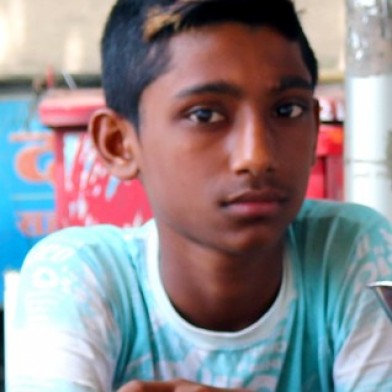By caving into extremist pressures, Pakistan’s centrist PTI government is fast-becoming a party that backtracks on its campaign promises, writes Reem Wasay.
OPINION: Just months after being voted into office, the government of Prime Minister Imran Khan is facing its first real test over the case of a Christian woman on blasphemy charges.
In what was initially touted as a landmark victory against the forces of radicalism, Aasia Bibi – a Christian woman who had been on death row for eight years over charges of blasphemy – was acquitted by the country’s Supreme Court (SC) on 31 October.
Within hours, the acquittal sparked nationwide protests by members of the Tehreek-e-Labaik-Pakistan (TLP), a militant political party of zealots and radicals. Gathering in the thousands on the streets, the agitators brought the country to a standstill, shutting down schools and hospitals, and destroying property.
The show of street power prompted Khan to condemn the events on prime-time television, warning the Islamists of dire consequences. The move, which represented the first time a civilian leader had demanded extremists to stand down, surprised some observers.
But the tough talk was short-lived. Immediately after his fiery speech, Khan left for China on a diplomatic mission, leaving his new PTI (Pakistan Tehreek-e-Insaf) government to rein in the TLP.
Negotiations between the PTI and the TLP saw the government bending to almost every whim of the fundamentalists – including a promise to review the SC’s verdict on Aasia Bibi’s fate; to include her name on the country’s Exit Control List; and to release all arrested protesters who had damaged and burned property.

PM Imran Khan travelled to China for a diplomatic visit in early November. (Photo: Imran Khan/Facebook)
Aasia Bibi and the defenders of blasphemy laws
The case of Aasia Bibi is a symbolic one. The farm labourer and mother of five was accused by neighbours of blasphemy after she offered to share a cup of water with a Muslim farm worker, who deemed Aasia Bibi to have contaminated it.
In Pakistan, the faintest indictment of blasphemy is as good as signing a death warrant – even repeating the charge in court would be akin to performing an act of blasphemy.
The blasphemy laws provide no safeguards for those wrongly accused, especially minorities, and they have infamously been used to settle personal vendettas. Mob lynchings by zealous hordes happen frequently, which was why Aasia Bibi was kept in solitary imprisonment for almost nine years.
The TLP is a relatively new hardline group-turned-political party that has been garnering lots of street support since its creation in 2015. Its clarion call is to punish all perpetrators of blasphemy. Aasia Bibi’s acquittal would have been perceived as a blow to its newly-vested power.
TLP leaders have called for the deaths of the three SC judges, and incited violence against the Pakistan military’s Chief of Army Staff by labelling him as a member of a controversial minority Muslim sect, the Ahmadiyya.
In Pakistan, these are not just empty threats.
The Ahmadiyya is a sect that faces systematic persecution in Pakistan and many mainstream Muslim-majority states. Many Ahmadis have fled Pakistan, seeking asylum in countries such as New Zealand. To call the army chief an Ahmadi amounted to calling for mutiny within the army’s ranks.

Imran Khan’s PTI party obtained about one-third of votes in the July 2018 election. (Photo: PTI/Facebook)
Party of U-turns
Pakistan’s affiliation with extremist elements dates back many decades, with the groups often used as convenient for-rent proxies in local and regional skirmishes. Their street muscle is strong and nuisance quotient high.
The TLP’s sentiments were anti-state and treasonous. It is feared that such a soft approach by the government will embolden TLP members, turning the party into a hydra like the Taliban, whom the military have been at war with since the war on terror began.
By caving into radical demands, the centrist PTI is also fast-becoming known as a party of U-turns, turning back on many of its ambitious promises, including national security reforms, made during its election campaigns.
Their response to the Aasia Bibi case marks the most dangerous U-turn yet.
While she has recently been released from prison, there are still fears for Aasia Bibi’s safety and freedom, given the divisive nature of the case and her ability to leave the country is in doubt.
The case, which has been closely watched by the international community, has many implications – including on foreign relations, and trade and investment confidence in Pakistan.
Italy’s government was the first to step up and offer Aasia Bibi safe passage and asylum, as have France and Spain.
Questions about the leadership of the PTI, whose election into office had been seen by some as a sign of liberal progress, also remain.
Is the PTI’s soft handling of the TLP a sign of similar moves to come? The answers to Imran Khan and his new government’s first real test remain to be seen.
Auckland-based Reem Wasay is a journalist and former op-ed editor of Pakistani newspaper Daily Times. She has also worked as a programme coordinator in the non-profit sector in New Zealand.
– Asia Media Centre



